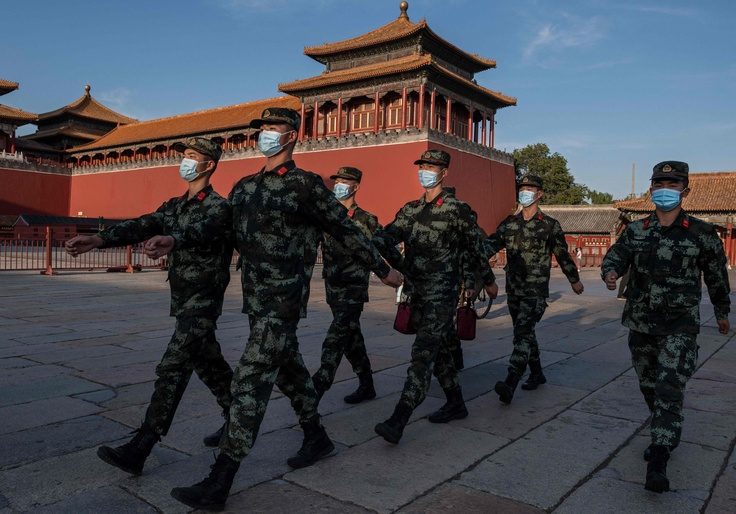
President Donald Trump cut aid to China by 52 percent over the last year, the Spectator reported Friday.
The United States slashed $32 million in aid to China in fiscal year 2020, from $62 million in 2019 to $30 million, according to an Office of Management and Budget report.
The first government-wide China spending report comes as Trump enters the final days of his presidency. His administration implemented aggressive economic policies against China in an effort to thwart the Chinese Communist Party’s growing influence in the United States and the global market.
Trump campaigned in 2016 on combating Chinese economic policy, which he said “took advantage” of American citizens through trade imbalances and the manipulation of currency values.
The president’s efforts to curb Chinese influence in global politics and markets heated up last year after the onset of the coronavirus pandemic: In July, Trump moved to pull out of the World Health Organization for its failure to hold China accountable for its role in the deadly COVID-19 outbreak. He levied additional sanctions on companies that supported the Chinese military and fought Chinese influence at the United Nations. Additionally, the United States imposed $60 billion in tariffs on Chinese imports during fiscal year 2020.
Trump also cracked down on Confucius Institutes, which are tied to the Chinese Communist Party, for propagating Chinese disinformation at American universities.
Last week, Trump imposed sanctions on two Chinese apps over concerns that Chinese Communist Party officials could use them to collect data on Americans, including federal employees.
President-elect Joe Biden (D.) has criticized the president’s trade war with China. But he could face backlash from Congress if he softens the United States’ stance on Beijing, as politicians on both sides of the aisle support implementing economic measures to punish China for its human-rights abuses and combat the communist regime’s growing influence abroad.
